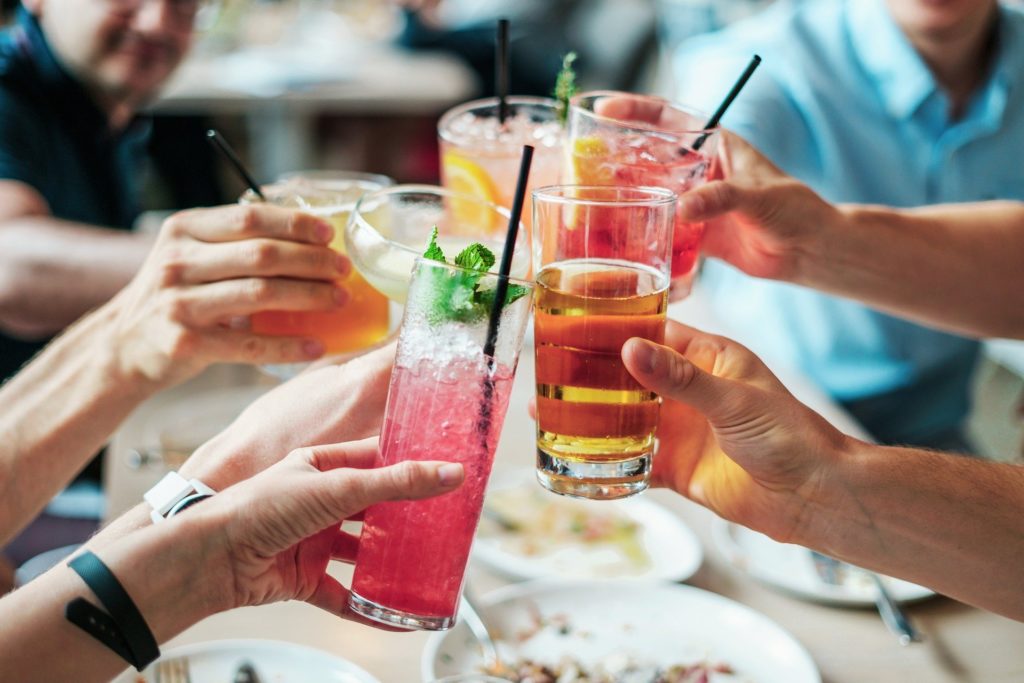When parents teach children to taste an alcoholic beverage at a very young age, this increases their risk of binge drinking later in life by 85%, according to an Australian study.
Binge drinking involves at least four glasses within two hours for women and at least six glasses for men in the same period.
"It seems innocent, but you shouldn't do it,” says doctor and journalist Marleen Finoulst about letting your kids have a sip in a commentary on the website gezondheidenwetenschap.be.
The Australian researchers questioned 1,910 teenagers annually over a longer period of time about their contact and experiences with alcohol.
Related News
- On average six Belgian teenagers admitted to hospital daily suffering from effects of alcohol
- 1 in 5 Flemish people drink more alcohol during lockdown
If children had also sipped on alcohol at the hands of others than their parents, the risk of binge drinking in adolescence even doubled.
Finoulst also pointed out that the earlier a child starts drinking alcohol, the greater the chance of a drinking problem later on. Of the children who drank alcohol before the age of thirteen, 40% were later confronted with alcohol problems.
Alcohol disrupts brain growth in children and adolescents. This can ultimately lead to learning problems and reduced memory performance. It also inhibits personality development.
According to Gezondheidenwetenschap.be, it is best for young people not to drink alcohol until they are 16 years old.
While it may seem harmless to let children taste a glass of wine or beer, “there is a real chance that your child will like the drink and start drinking more and more. That early contact with alcohol increases the chance of drinking problems in later life, has been demonstrated many times. How great the risk really is, however, depends on many factors,” Finoulst said.
The Brussels Times

